How did Israel pack Hezbollah’s pagers with explosives?
- By Alex Hollings
Share This Article

On Tuesday afternoon, explosions wrang out across Lebanon as thousands of pagers carried by operatives of the militant group Hezbollah detonated in what now appears to be a concerted attack mounted by Israeli forces. According to Lebanon’s health minister, at least 12 people died and 3,000 more are reportedly injured in the attack. Thus far, Israel has not claimed responsibility for what may be the most unprecedented counter-terrorism operation in modern history.
A second attack reportedly followed on Wednesday, this time, with hand-held radios apparently exploding in a similar fashion.
Eyewitness reports from across Lebanon said that Tuesday’s attack began at 3:45 pm local time with smoke billowing out of people’s pockets before small explosions, often compared to fireworks or gunshots, went off.
According to American intelligence officials cited by the New York Times, the pagers were packed with as little as one to two ounces of explosive material next to the battery, with a switch embedded to trigger a detonation upon receiving a specific signal. This allowed Israeli forces to specifically target Hezbollah operatives who had been issued pagers by the organization.
This attack proved particularly effective because Hezbollah’s leader, Hassan Nasrallah, had issued strict orders against the use of cell phones within the organization earlier this year, allegedly due to their vulnerability to Israeli surveillance. As a result, Hezbollah – which is designated as a terrorist organization by the United States, Gulf Arab Countries, the Arab League, and much of the Western world – turned to more than 5,000 pagers ordered from a Taiwanese company called Gold Apollo.
“This attack hit them in their Achilles’ heel because they took out a central means of communication,” Keren Elazari, an Israeli cybersecurity analyst and researcher at Tel Aviv University said. “We have seen these types of devices, pagers, targeted before but not in an attack this sophisticated.”
According to officials, the majority of the pagers were the company’s AR924 model, though at least two other pager models were included in the attack. These pagers were distributed to Hezbollah operatives as far out as Syria and Iran, though the vast majority remained in Lebanon.
How did Israel plant explosives in Hezbollah’s pagers?
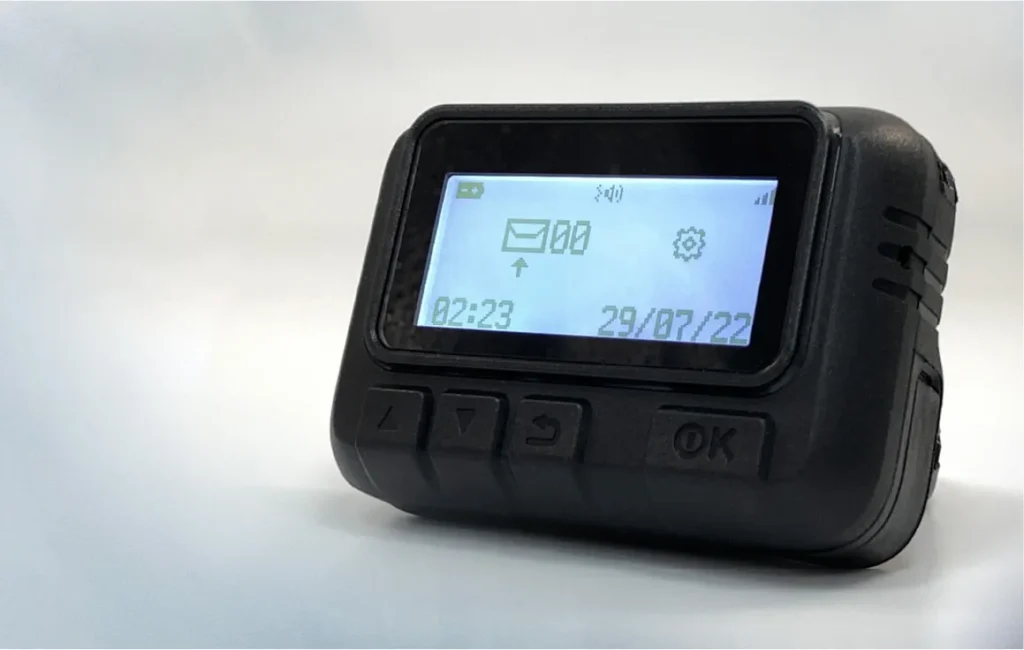
It remains unclear how exactly Israeli forces managed to gain access to these pagers in order to implant the small explosive devices within them, though Gold Apollo has already begun distancing itself from the operation by disclosing that they did not manufacture the devices. According to the Taiwanese firm, they instead licensed their brand to another company, B.A.C. Consulting out of Budapest, to build and distribute the pagers. This relationship dates back roughly three years, according to Hsu Ching-Kuang, Gold Apollo’s founder and president.
“That product isn’t ours. They just stick on our company brand,” Hsu told reporters on Tuesday. Gold Apollo’s website was updated on Tuesday to reflect the same, writing, “We only provide brand trademark authorization and have no involvement in the design or manufacturing of this product.” Their listings for AR924 Pagers were also taken down.
B.A.C. Consulting’s website remained up on Tuesday, with journalists reporting that calls to the phone numbers listed on the page went unanswered. By Wednesday morning, the firm’s website was down. The stated address for the company is a two-story building on a residential street in a Budapest suburb.
A person at the address was approached by journalists from Reuters, who reportedly explained that B.A.C. Consulting was registered at that address but had no physical presence there.
“I don’t make the pagers. I am just the intermediate. I think you got it wrong,” B.A.C.’s Chief Executive Officer, Cristiana Bársony-Arcidiacono, told NBC News on Tuesday. The company’s LinkedIn profile does not mention any manufacturing, instead listing its “business consulting and services.”
Bársony-Arcidiacono’s Linkedin account lists her as a Strategic Advisor & Business Developer who studied politics at the London School of Economics and Politics.

Among the positions Bársony-Arcidiacono lists on her profile is serving on the board of directors of a sustainability group called the Earth Child Institute, however, she is not mentioned anywhere on that organization’s website.
B.A.C. Consulting was registered as a limited liability corporation in May 2022. According to publicly available company records, the firm had revenue of $725,768 in 2022 and $593,972 in 2023, with just 7,840 euros in standing capital. Some news agencies, including the Associated Press, have since reported that B.A.C. Consulting appears to be little more than a shell company.
Taiwan’s Ministry of Economic Affairs, the country’s export regulatory organization, echoed Gold Apollo’s claims, saying they had no record of direct exports of these pagers to Lebanon, with more than 260,000 similar pagers exported between 2022 and August of this year – mostly to customers in American and European markets.
According to Reuters, a senior Lebanese security source claimed the explosives were placed inside the pagers months ago, which suggests the devices were either shipped with the explosives already inside or the shipments themselves were intercepted en route to Lebanon before being modified and allowed to continue on their way.
However, N.R. Jenzen-Jones, director of the technical intelligence consulting firm Armament Research Services, took to X on Tuesday to voice his reservations about the possibility of the shipment being intercepted en route.
“The scale suggests a complex supply-chain attack, rather than a scenario in which devices were intercepted and modified in transit,” he wrote.
That sentiment was echoed by a senior Lebanese source who spoke to Reuters under the condition of anonymity, who claimed the devices had been modified by Israel’s covert intelligence agency, Mossad, “at the production level.”
“The Mossad injected a board inside of the device that has explosive material that receives a code. It’s very hard to detect it through any means,” the source said.
What do these attacks mean for conflict in the Middle East?
These unprecedented attacks via electronic devices, starting with pagers and seemingly extending into hand-held radios on Wednesday, are sure to heighten tensions between Israel and Hezbollah, which maintains the most potent military force inside Lebanon and has become a significant political power within that country. While much of the world considers Hezbollah to be a terrorist organization, it’s worth noting that a smaller number of countries apply that designation only to the group’s armed military wing.
Established amid the Lebanese Civil War that ranged from 1975 to 1990, Hezbollah has been described as a “state within a state” inside Lebanon. Like Hamas and several other terrorist organizations in the region, Hezbollah is backed by Iranian funding and support. In fact, Hezbollah was initially established through funding provided by Iran through its Islamic Revolutionary Guard Corps (IRGC) – a unique Iranian institution that establishes, trains, and funds Iranian proxy forces throughout the region. In a 1985 manifesto that enshrined Hezbollah’s ideology, the group pledged allegiance to Iran’s supreme leader.
Since its founding, Hezbollah has established a reputation for brutality inside Lebanon, even against rival Shiite militias like the Amal Movement. The organization was also responsible for the 1983 suicide bombing of U.S. and French troops in Beirut that killed more than three hundred people.
The group’s leader, Hassan Nasrallah, has claimed to control more than 100,000 militants, though independent assessments place their real strength at somewhere between 20,000 and 50,000, many of whom are veterans of Middle Eastern conflicts like the Syrian Civil War. The Center for Strategic and International Studies estimates Hezbollah maintains a stockpile of some 120,000 to 200,000 rockets and missiles of varying sorts, most of which are unguided, with a small number of anti-air and anti-ship weapons included in those figures.
The last time war broke out between Israel and Hezbollah was in 2006, when a Hezbollah raid across the border prompted an Israeli invasion aimed at eliminating the threat posed by the group. Hezbollah, however, survived the offensive and has since been rebuilding its strength. Some experts argue that Hezbollah will work to avoid open war with Israel, as the group already faces growing distrust among the Lebanese people for its alleged role in the massive 2020 Beirut port explosions, and its subsequent obstruction of investigations into the matter.
Growing support for the Lebanese Forces party, which the Council for Foreign Relations think-tank describes as a group that aims to disarm Hezbollah, points toward the terror organization’s loosening grip on political power inside Lebanon. Open war against the vastly superior Israeli military would likely only worsen the situation for Hezbollah unless Israel can be painted as the clear aggressor.
However, Hezbollah has vowed to retaliate. “This criminal and treacherous enemy will definitely receive a fair punishment for this sinful assault, both in ways that are expected and unexpected,” the group said on a statement released Tuesday evening.
Hezbollah has launched a reported 8,000 unguided rockets into Israel since the Hamas attack on October 7 that precipitated Israel’s ongoing and wildly controversial offensive into the Gaza Strip – a military operation many have since described as a genocide of Palestinian people.
Israel responded via airstrikes and even tank or artillery fire against Hezbollah positions near the border, but thus far, open conflict has been avoided.
American officials have claimed the United States had no foreknowledge of these pager and radio attacks.
Read more from Sandboxx News
- These are the pistols that America’s generals carry
- The Intelligence Support Activity – one of America’s most secretive special operations units
- The ACR program or how the Army spent 300 million dollars on nothing
- Video: The Air Force wants to push the F-22 further
- What actually happens when fighter pilots take off their masks?
Related Posts
Sandboxx News Merch
-

‘AirPower’ Classic Hoodie
$46.00 – $48.00 Select options This product has multiple variants. The options may be chosen on the product page -

‘Sandboxx News’ Trucker Cap
$27.00 Select options This product has multiple variants. The options may be chosen on the product page -
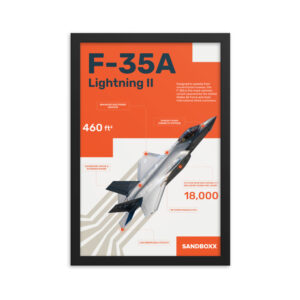
F-35 ‘Lightning’ Framed Poster
$45.00 – $111.00 Select options This product has multiple variants. The options may be chosen on the product page

Alex Hollings
Alex Hollings is a writer, dad, and Marine veteran.
Related to: Breaking News, Military Affairs
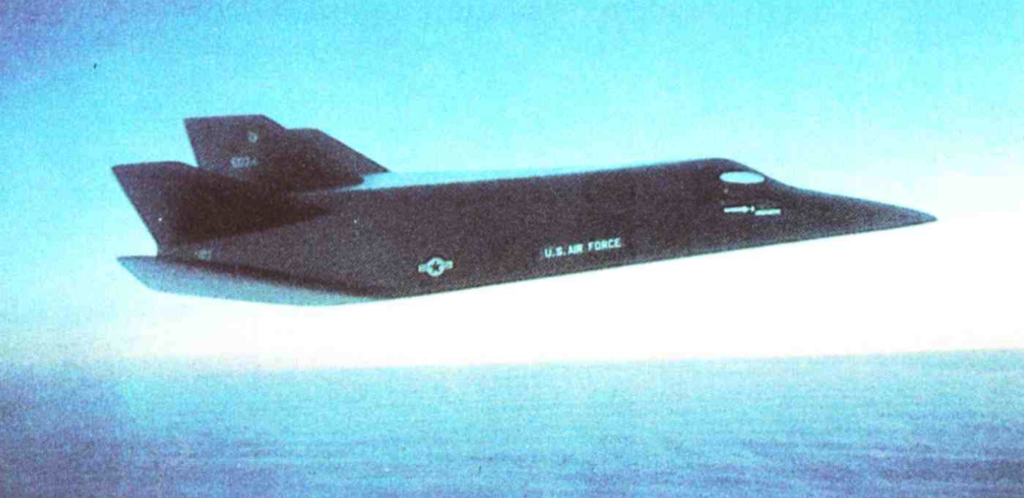
Game-changing military aircraft that were canceled before they could change the game
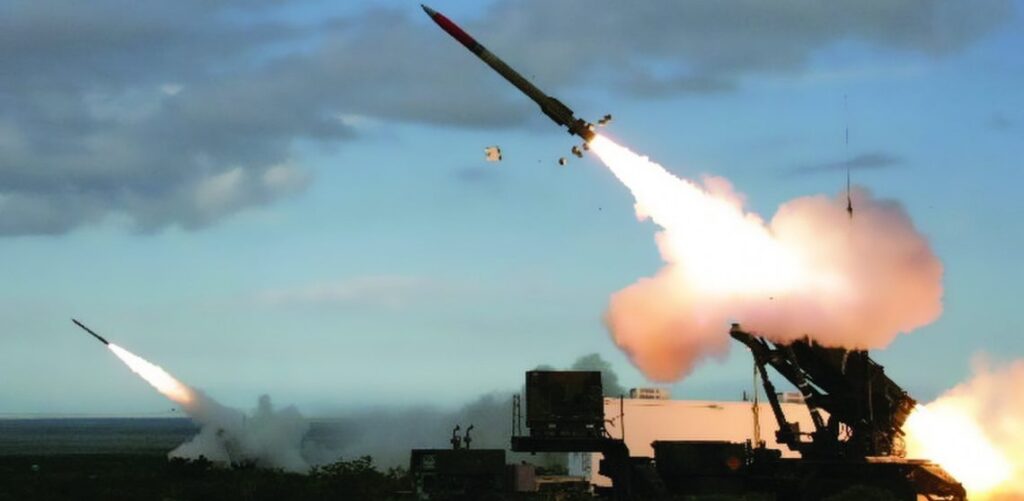
The ultimate guide to the Patriot air defense system

Anduril’s Roadrunner is a unique reusable missile interceptor
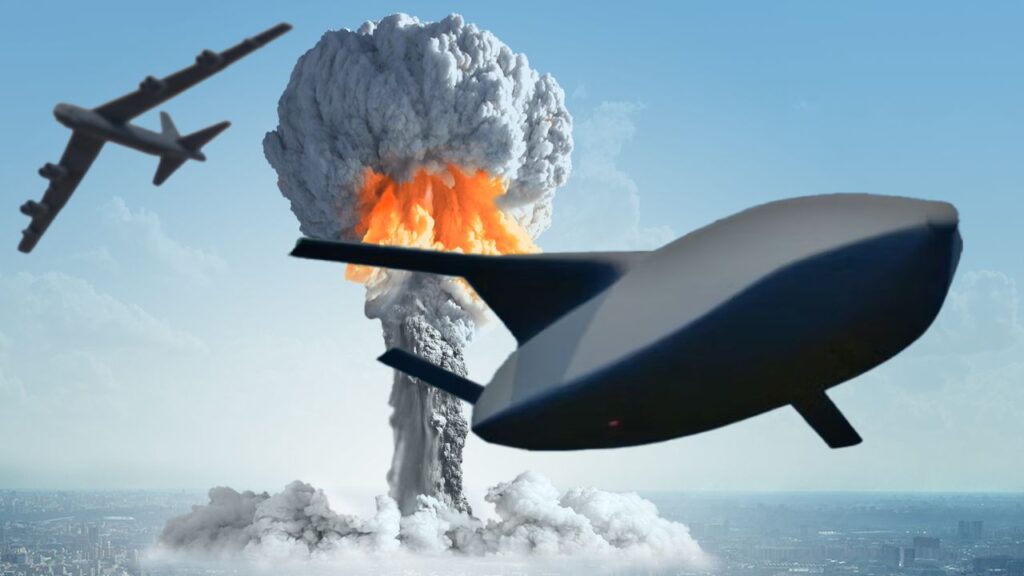
The AGM-181 LRSO missile will modernize America’s nuclear triad
Sandboxx News
-

‘Sandboxx News’ Trucker Cap
$27.00 Select options This product has multiple variants. The options may be chosen on the product page -

‘AirPower’ Classic Hoodie
$46.00 – $48.00 Select options This product has multiple variants. The options may be chosen on the product page -

‘AirPower’ Golf Rope Hat
$31.00 Select options This product has multiple variants. The options may be chosen on the product page -

‘Sandboxx News’ Dad Hat
$27.00 Select options This product has multiple variants. The options may be chosen on the product page
